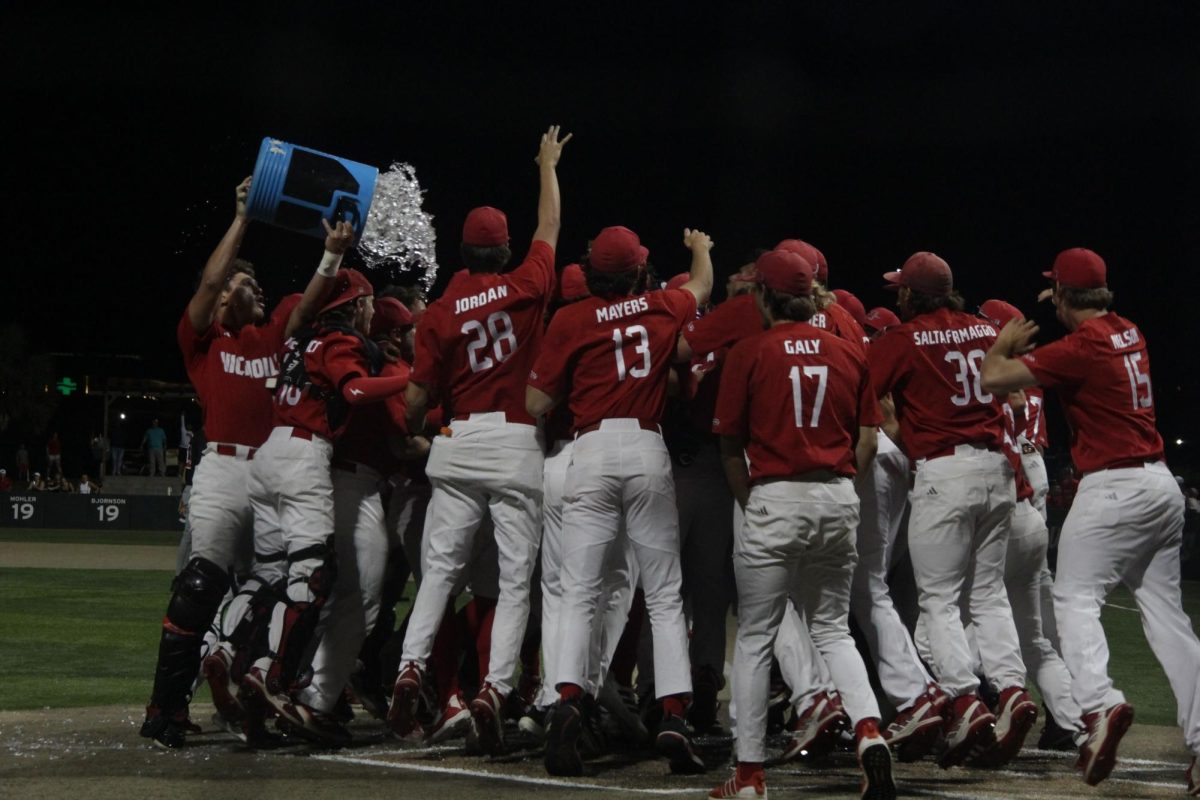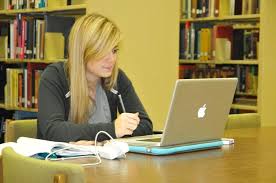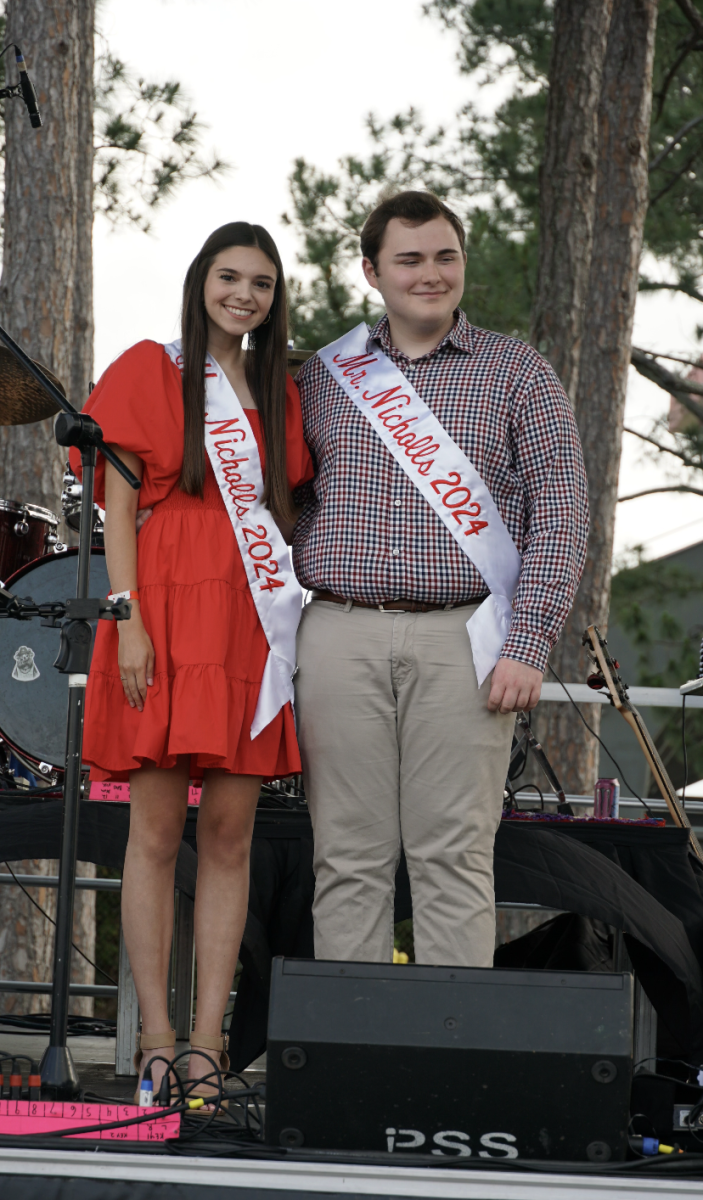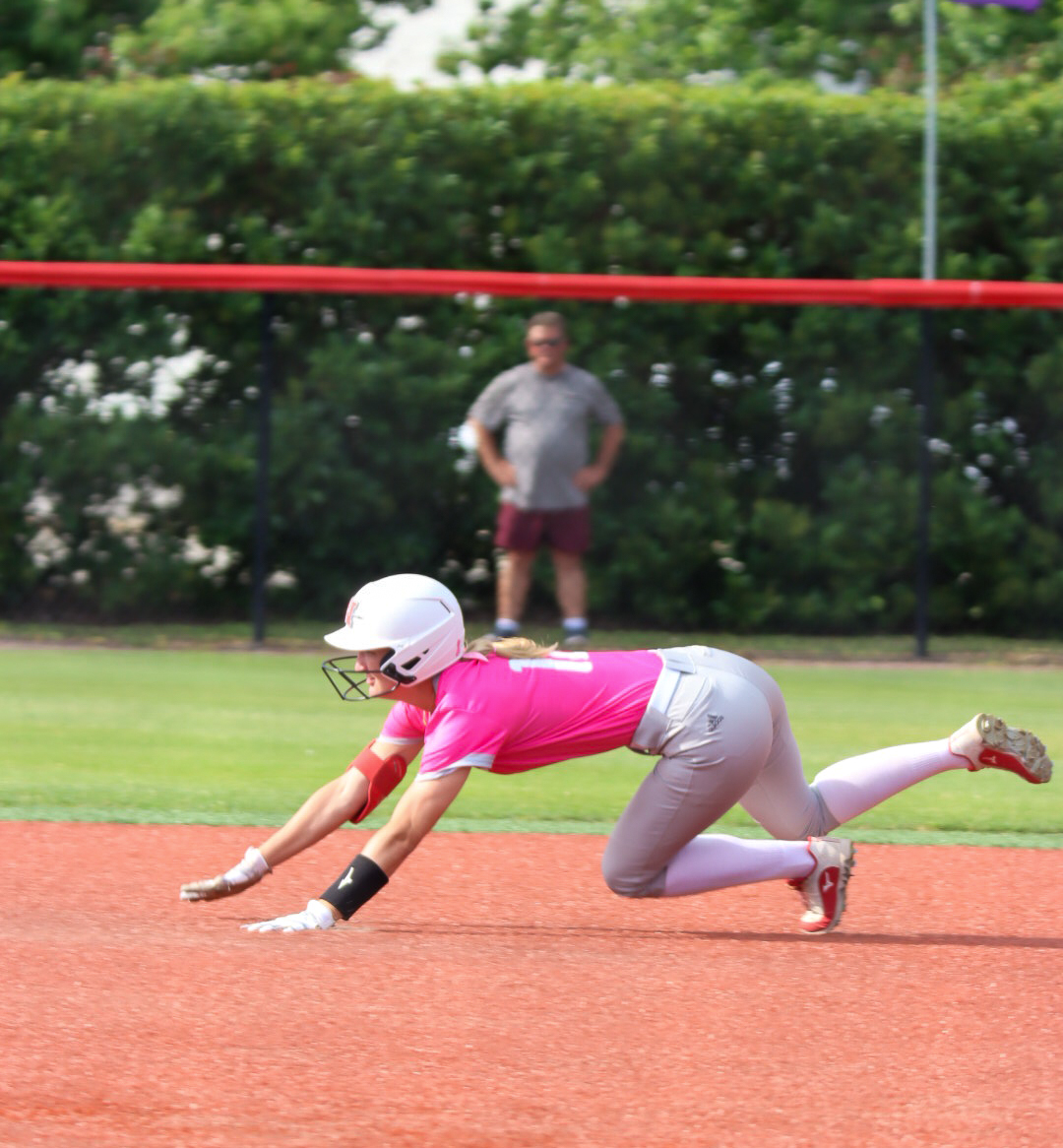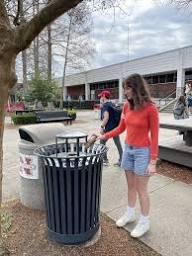By Justin MartinLagniappe Editor
The decision to wear khakis or jeans today might have seemed difficult at the time. It might affect whether that cute girl from math class will talk to you or not. Whether or not you go to that kegger on Friday night might affect your social status, but, seriously, was your status that high to begin with?
These and other daily decisions are important to your college experience, somewhat, but students have commonly used their time at college to also contemplate bigger issues. It is often the time when young adults tend to break away from their parents and examine how they feel about social and political issues such as abortion, capital punishment, foreign policy, health care and so on.
“I really think it is the optimal time to make these decisions,” Damian Breaux, Student Government Association president, says. “From infancy to high school, you are living in a pretend world where everything is provided for you. When you get to college, you have the opportunity to hear different views and witness different things.”
For students who grew up following their parents’ beliefs and accepting it as gospel, seeing both sides of an issue may be something completely new. But it is not a guarantee that they will make a 180 and rebel against their roots.
“I don’t know if college actually changes your viewpoint; it just gives you more depth,” Glenn Antizzo, associate professor of history and social sciences, explains. “There is actually a theory called the reinforcement thesis, which says that people acquire a mental lens or filter at a very young age. As you get older you tend to accept more readily the information that reinforces that view and reject information that contradicts it.”
Antizzo, a native of New York and graduate of Cornell University, says he perceives the atmosphere at Nicholls as one which allows the students to explore who they are without “undo influence” from the faculty. Antizzo says he often had a liberal orthodox openly forced on him while attending Cornell but admired instructors who taught him to express and defend his viewpoint even when they disagreed.
“Maybe what we do here is help you develop that sense of what is right and what is wrong,” Antizzo says. “We don’t want to dictate morality to people.”
Antizzo encourages students, when tackling political issues, to keep their individual basic values in mind but still question the basis for those values.
“Try to have a moral compass before you come here, and try to let that compass guide you through some of this,” he says. “But always look at everything with a skeptical eye. College should convey to the student that neither side, liberal nor conservative, has a monopoly on the truth. Most of the time you will find the truth is somewhere in the middle.”
Often, polls on large social issues reveal most of the American population to be centrist, and Antizzo says that should not be considered a bad thing. A liberal view of an issue can often generate new and interesting ideas that a conservative view is blind to and vice versa. This creates a muddled middle ground with extremists flocking to either side.
“If we are going to have a functioning and healthy democratic society, we need to be open to civil discourse,” Antizzo says. “In other words, we have to be able to disagree without being disagreeable.”
Finding your place on that middle ground and learning to disagree while respecting other people’s opinions is part of what Eugene Dial, vice president of student affairs and enrollment services, hopes the college experience teaches students. He believes, while in college, students should be learning how to decipher fact from fiction and opinion from fact. After graduation a student should be able to apply the lessons learned in their family, workplace and community.
“It is sort of like a searching process,” Dial says. “By the time they graduate, they should have developed a system for making decisions in life. Generally that method is what leads them to end up in what is now identified as conservative or liberal.”
Dial also points out that a college career is not limited to the classroom and what is learned in lectures. It is also the everyday experiences that we learn from. It is the people we surround ourselves with, and more importantly, their ideas. He also says students in his day were quicker to discuss their personal beliefs with others outside of the classroom because it was a turbulent time in American history.
“While growing up, on the news every night was the war in Vietnam and the Civil Rights movement,” Dial says. “We were all talking about what was happening when Kennedy got killed and King got killed. The whole Watergate thing with Nixon was big.


![Assistant coach Cody Livingston [#53] talking with pitcher Nico Saltaformaggio [#38] on the mound(5/12).](https://thenichollsworth.com/wp-content/uploads/2024/05/LivingstonNicoHuddle-vs-Lamar-1200x800.jpg)
